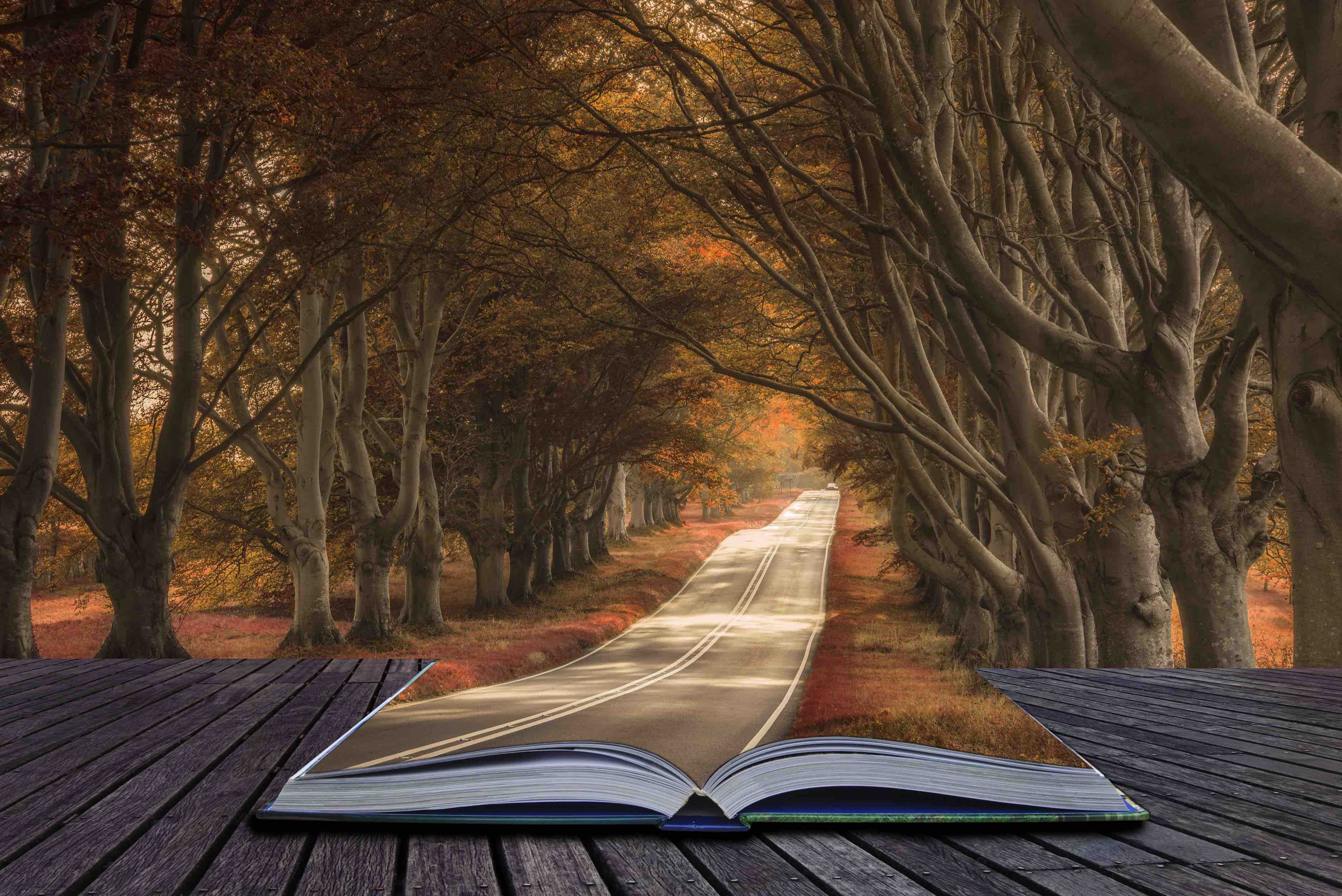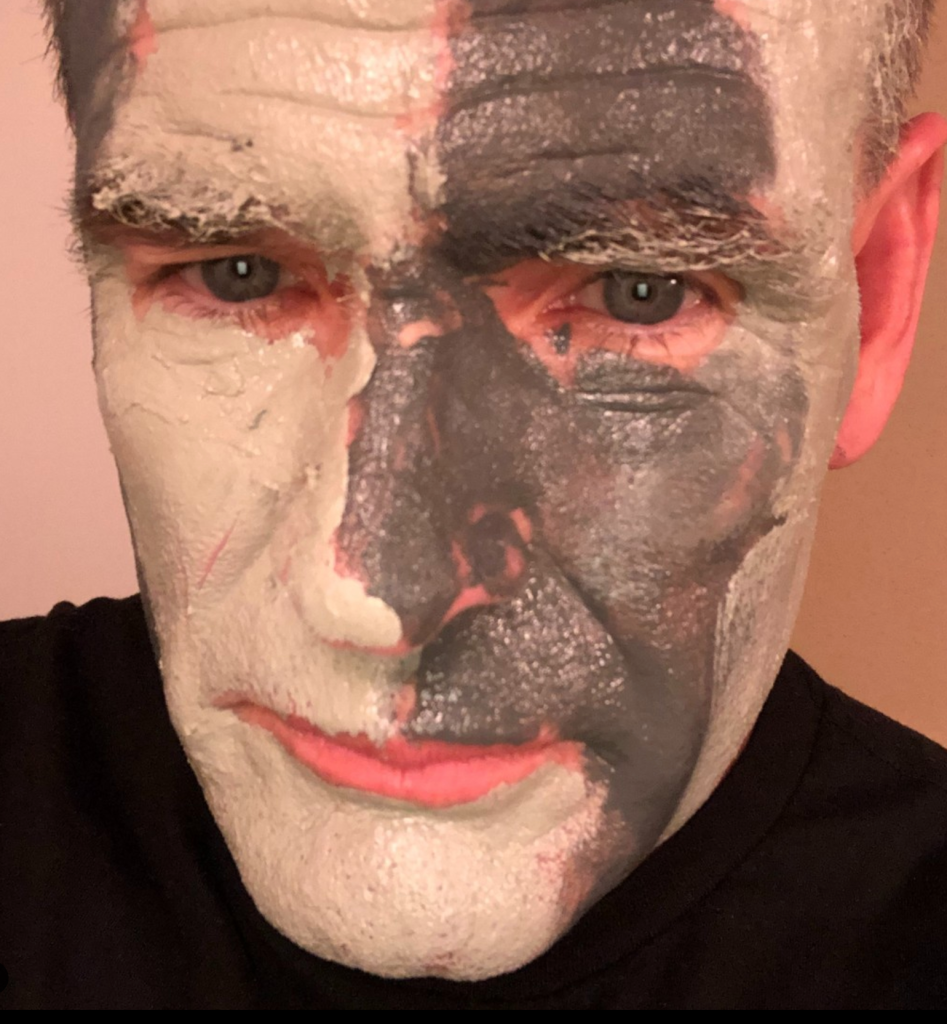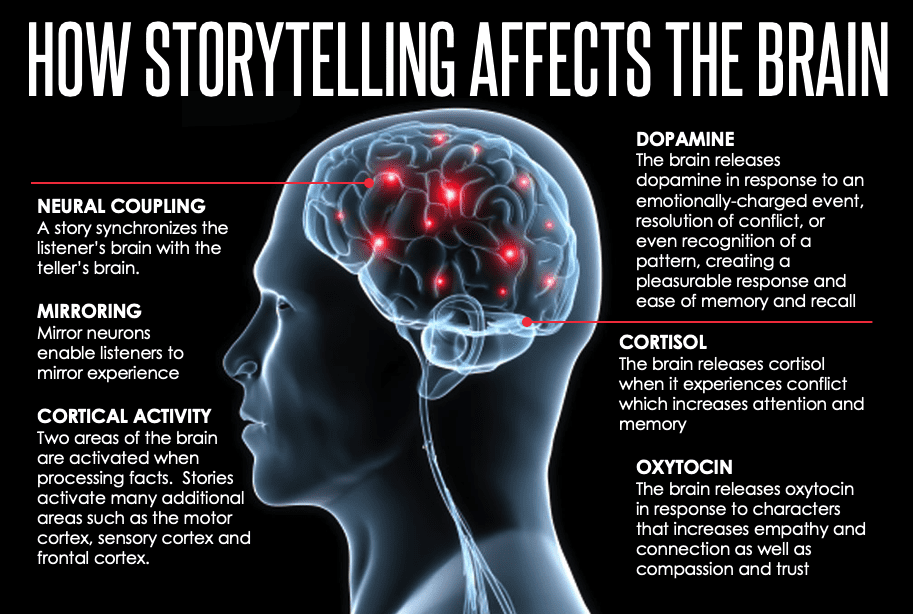Stories.

Tell us the facts, and we’ll learn. Tell us the truth, and we’ll believe. But tell us a story, and it will live in our hearts forever.
What is your story? Did you write it? Or did life run you over, leaving tire tracks on your back?
After my freshman year at Texas A&M University, I stood in front of the military recruiting center staring thoughtfully at the posters. Army, Navy, Air Force, and Marines. I had the chance to write a chapter in the story of my life. My decisions and actions over the next couple of weeks would define my life. And I knew.
"The world ain't all sunshine and rainbows. It's a very mean and nasty place, and I don't care how tough you are it will beat you to your knees and keep you there permanently if you let it. You, me, or nobody is gonna hit as hard as life. But it ain't about how hard you hit. It's about how hard you can get hit and keep moving forward. How much you can take and keep moving forward. That's how winning is done! Now if you know what you're worth then go out and get what you're worth. But ya gotta be willing to take the hits, and not pointing fingers saying you ain't where you wanna be because of him, or her, or anybody! Cowards do that and that ain't you! You're better than that!"
Before that 2006 line from the movie Rocky Balboa, I knew I would have to be willing to risk failure and endure pain. To take the hits. To risk my life without pointing fingers at anyone. I needed to know if I was tough enough. If I could take hits and keep moving forward? I glanced at the four images of my tomorrow. Navy? Air Force? Marines? Army?

My life changed irrevocably after that day. The choice was mine. And my choice and subsequent actions rippled through my future like a tidal wave. From that day forward, for better or worse, I wrote my story. And my story of perseverance through the shit storms of life kept me going. I leaned on my story through in the darkest days of my soul.
"My people don't to get to where going, not because of lack of skills or talent. It's a lack of ability to keep going when it gets hard." - Bear Grylls.
Our stories empower us, or not. And, there is a science to the impacts of storytelling.
In discovering the behavioral effects of a neurochemical in the brain called oxytocin, researchers wondered how the molecule might motivate people. In a series of tests using videos, the lab discovered that compelling narratives and stories release oxytocin possessing the power to affect our attitudes, beliefs, and behaviors.
In neuroscientist Dr. Paul J. Zak's first study of narratives, he took blood before and after participants watched one of the two video versions. 1 They found that narratives with a dramatic arc caused an increase in cortisol and oxytocin. Changes in oxytocin had a positive correlation with participants’ feelings of empathy. High empathy motivated participants to offer money to a stranger in the experiment.
Researchers connected a story to a feeling and then to prosocial behavior. As a control, a “flat” narrative did not increase oxytocin or cortisol and no prosocial behavior. Narratives that cause us to pay attention and involve us emotionally are the stories that move us to action. Looking at the graphic below, we can see the brain chemistry of storytelling.

Playing our unique story's dramatic arc through our heads like an old movie can release the "feel good" chemistry that motivates us. Just as marketing wizards use stories and imagery to influence us, we can amplify our brain chemistry to our benefit as the authors of our stories.
A typical story is constructed as follows:
- Main Character: What and who is the story about?
- Problem or challenge: What is the external thing that will happen and set the story in motion?
- Struggle or obstacle: What is the internal struggle the character will go through? What is it that they want to do, and what is it that they should do?
- Solution & future success: How will going through the internal struggle lead the character to a solution?
Stop and consider for a moment. Each of us faces daunting struggles and mountains needing to be climbed. We are the main character in our story formulation. Problems and challenges are natural and everyday occurrences in the human experience. Our struggles transform and mold our inner world and character as we seek to conquer the problem de jour. Through trial and error, we find our way through the fog of the unknown.
Have you ever wondered why journaling works as a cathartic mechanism? Because it is our story in a fossil record on parchment. We can re-read and re-experience our story, contextualizing, motivating, and empathizing with our unique experience put to paper. The power of storytelling and its "feel good" brain chemistry is in our control.

I have faced death and prevailed too many to count or even remember. And I have been written off and given up for dead a few times. I never point fingers at anyone other than myself. I am the author of the story of my life. I work hard not to grieve lost loves, missed opportunities, and what might have been.
Sadly, I am flawed and human, so I occasionally drift away from my script. I get down on myself in the pitch black of surrendering to fear, doubt, and the pain of failure. Then I remember my story and who "f**k" I am. My brain is juiced by the chemistry of a thousand stories of my persistence, survival, and ultimate victory against the odds. A smile comes across my face as I recall this poem by D. H. Lawerance.
I never saw a wild thing
sorry for itself.
A small bird will drop frozen dead from a bough
without ever having felt sorry for itself.
Screw self-pity! I don't have time to indulge in the negative. I have miles to go before I sleep. Since I am not dead, it's time to pick myself back up, take the hits, and shine. And I do love to shine.
Until next time. Travel safe.
1) J. A. Barraza, and P. J. Zak, “Empathy Toward Strangers Triggers Oxytocin Release and Subsequent Generosity.” Annals of the New York Academy of Sciences 1167(2009): 182-18

